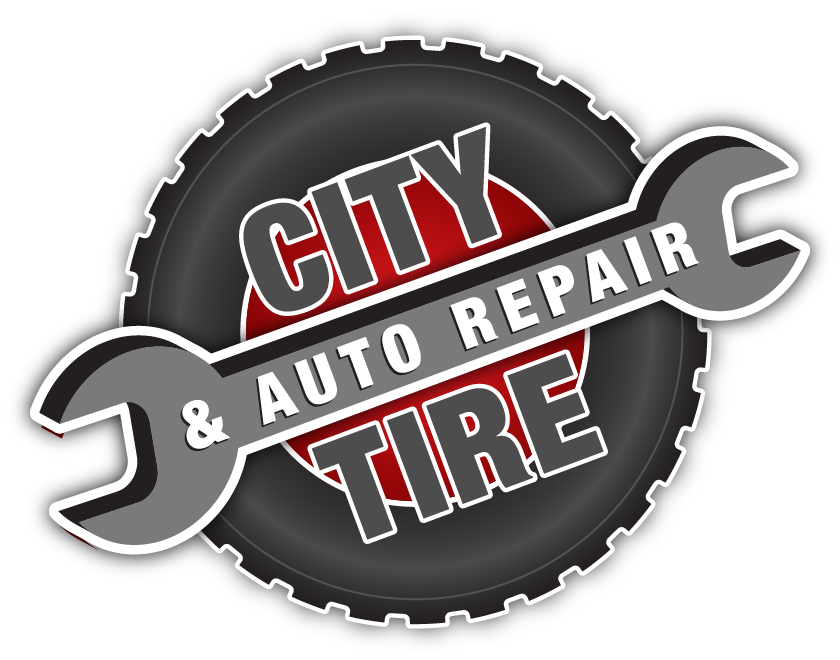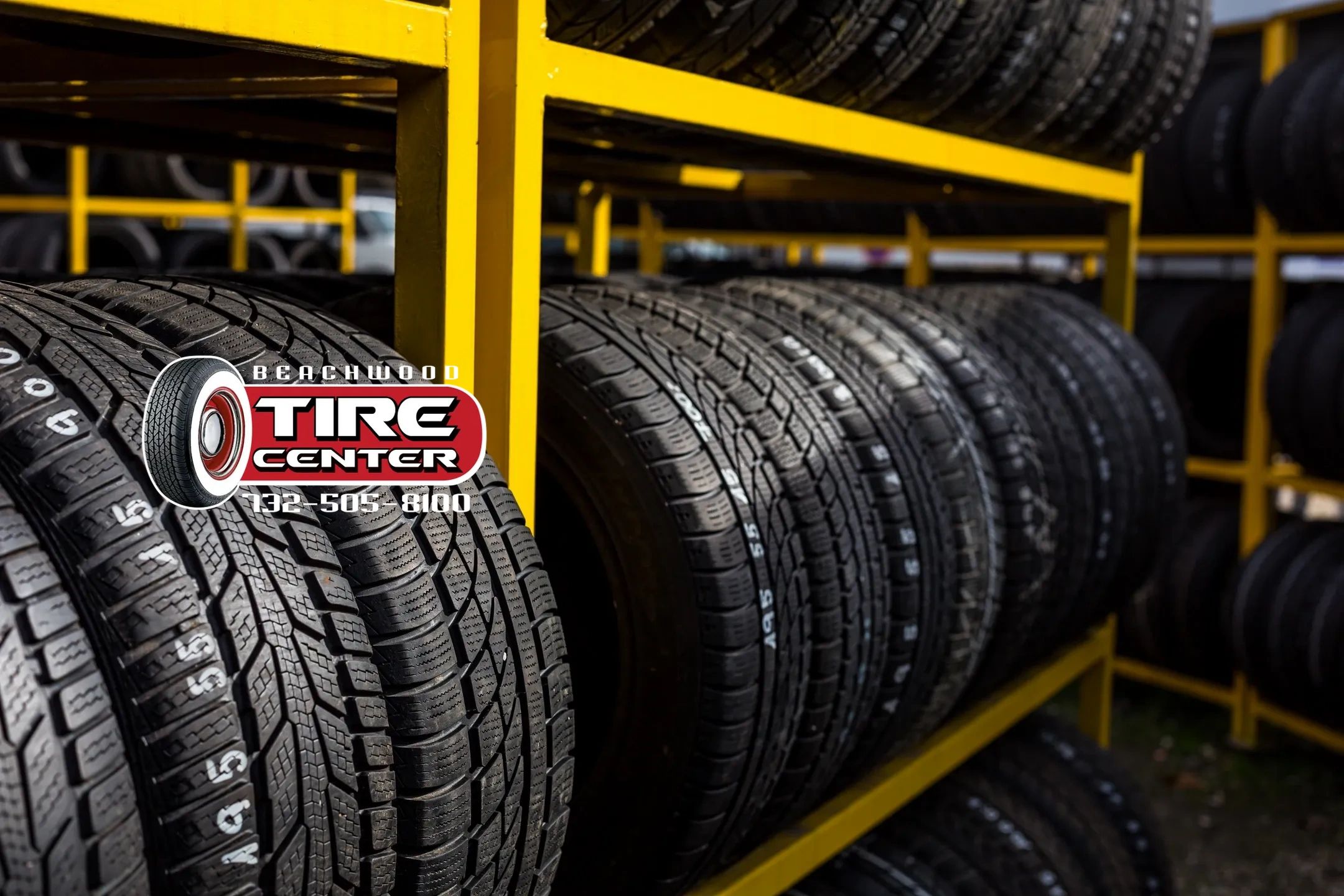Browse Smooth Roadways with Morris Tire: Your Trusted Tire Store Near Me
Browse Smooth Roadways with Morris Tire: Your Trusted Tire Store Near Me
Blog Article
The Environmental Benefits of Appropriate Tire Maintenance
Keeping appropriate tire care is commonly ignored, yet its effect on the environment is profound. From reducing gas usage to lowering exhausts output, the advantages are significant. Proper tire upkeep not only expands the life expectancy of tires yet likewise lowers land fill waste and adds to boosted air quality. The interconnectedness of these benefits highlights the critical function that easy maintenance methods can play in promoting ecological sustainability.
Decreased Fuel Usage
Improving tire upkeep practices can lead to a significant decrease in fuel usage for cars. According to the U.S. Division of Power, underinflated tires can lower gas mileage by 0.2% for every 1 psi drop in stress in all 4 tires.
In enhancement to tire stress, routine tire rotations and positionings likewise play a critical duty in gas performance. Erratically worn tires can enhance fuel consumption as the engine functions harder to keep speed and traction. By maintaining correct placement and turning tires at suggested periods, chauffeurs can make sure even lengthen the life and use of their tires, ultimately conserving gas and decreasing their carbon footprint.
Extended Tire Life-span
Prolonging the lifespan of tires is a vital facet of effective vehicle upkeep methods that can yield cost financial savings and environmental benefits in the lengthy run. By effectively preserving tires, chauffeurs can considerably lengthen their functionality, reducing the regularity at which new tires require to be produced and old ones thrown away. This not only preserves useful resources however also decreases the energy and emissions connected with tire manufacturing and disposal procedures.
Consistently inspecting tire pressure, turning tires, and guaranteeing proper positioning are important action in extending tire life-span. Sufficient step depth is critical for optimal grip and safety, however it also contributes in the length of time tires can be utilized prior to needing replacement. Furthermore, avoiding aggressive driving actions that accelerate tire wear, such as extreme braking and sharp turns, can further improve tire sturdiness.
Ultimately, enhancing the long life of tires via proactive maintenance not just benefits the atmosphere by lowering waste and conserving resources however also results in set you back savings for car proprietors by postponing the demand for new tire purchases.
Lower Discharges Output
Reliable tire maintenance techniques add to a decrease in discharges output, lining up with ecological sustainability goals in the automotive industry. Correctly inflated tires, regularly rotated and aligned, can enhance gas performance, hence decreasing the total co2 exhausts from automobiles. When tires are underinflated, the engine needs to function more challenging to drive the lorry, bring about raised gas usage and higher emissions. By maintaining optimum tire stress levels, chauffeurs can aid minimize these adverse ecological effects.
Furthermore, well-maintained tires additionally enhance grip and minimize rolling resistance, even more enhancing gas efficiency. This, subsequently, minimizes the amount of exhaust gases launched into the ambience. Furthermore, ensuring tires are appropriately inflated and aligned can prolong the life-span of the tires, lowering the frequency of tire substitutes and the connected ecological costs of tire manufacturing and disposal.

Decreased Land Fill Waste
Provided the positive impact of appropriate tire upkeep on reducing exhausts outcome, another substantial environmental benefit is the capacity for reduced garbage dump waste. By making sure that tires are appropriately pumped up, lined up, balanced, and rotated routinely, their lifespan can be significantly expanded.

Improved Air High Quality
Enhancing air quality with correct tire maintenance techniques is an essential facet of sustainable ecological stewardship. When tires are underinflated, they develop much more moving resistance, leading to enhanced gas intake and higher discharges of harmful contaminants such as carbon monoxide gas and nitrogen oxides. Properly inflated tires not just boost fuel performance yet also minimize the quantity of pollutants released into the air.
Additionally, properly maintained tires with proper walk deepness and placement add to safer driving conditions, lowering the chance of accidents that can result in the release of extra toxins into the atmosphere. By prolonging the life-span of tires via regular maintenance and rotation, fewer tires are discarded prematurely, reducing the environmental effect of tire disposal and production procedures.
Verdict
In final thought, proper tire upkeep supplies many environmental advantages. It is necessary for individuals to prioritize tire upkeep as a basic yet efficient way to shield the atmosphere for future generations.
Appropriate tire upkeep not only extends the life-span of tires but additionally reduces landfill waste and adds to improved air top quality - morris tire service. By maintaining correct alignment and advice revolving tires at recommended periods, chauffeurs can ensure also prolong the life and put on of their tires, ultimately conserving fuel and lowering their carbon footprint
By correctly keeping tires, vehicle drivers can significantly extend their usability, minimizing the frequency at which new tires require to be produced and old ones disposed of.On a regular basis checking tire pressure, turning tires, and ensuring appropriate placement are important actions in expanding tire lifespan. Furthermore, making sure tires are properly inflated and lined up can prolong the life-span of the tires, reducing the click to read more frequency of tire replacements and the connected ecological prices of tire manufacturing and disposal.
Report this page